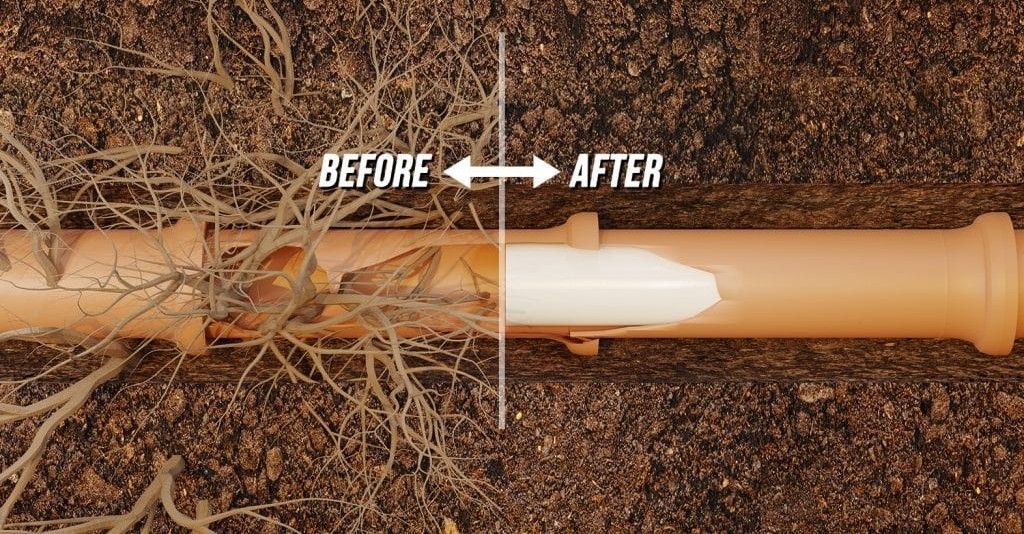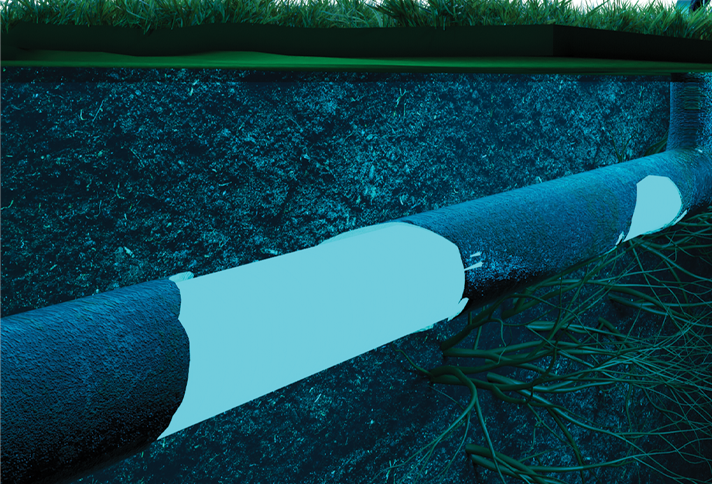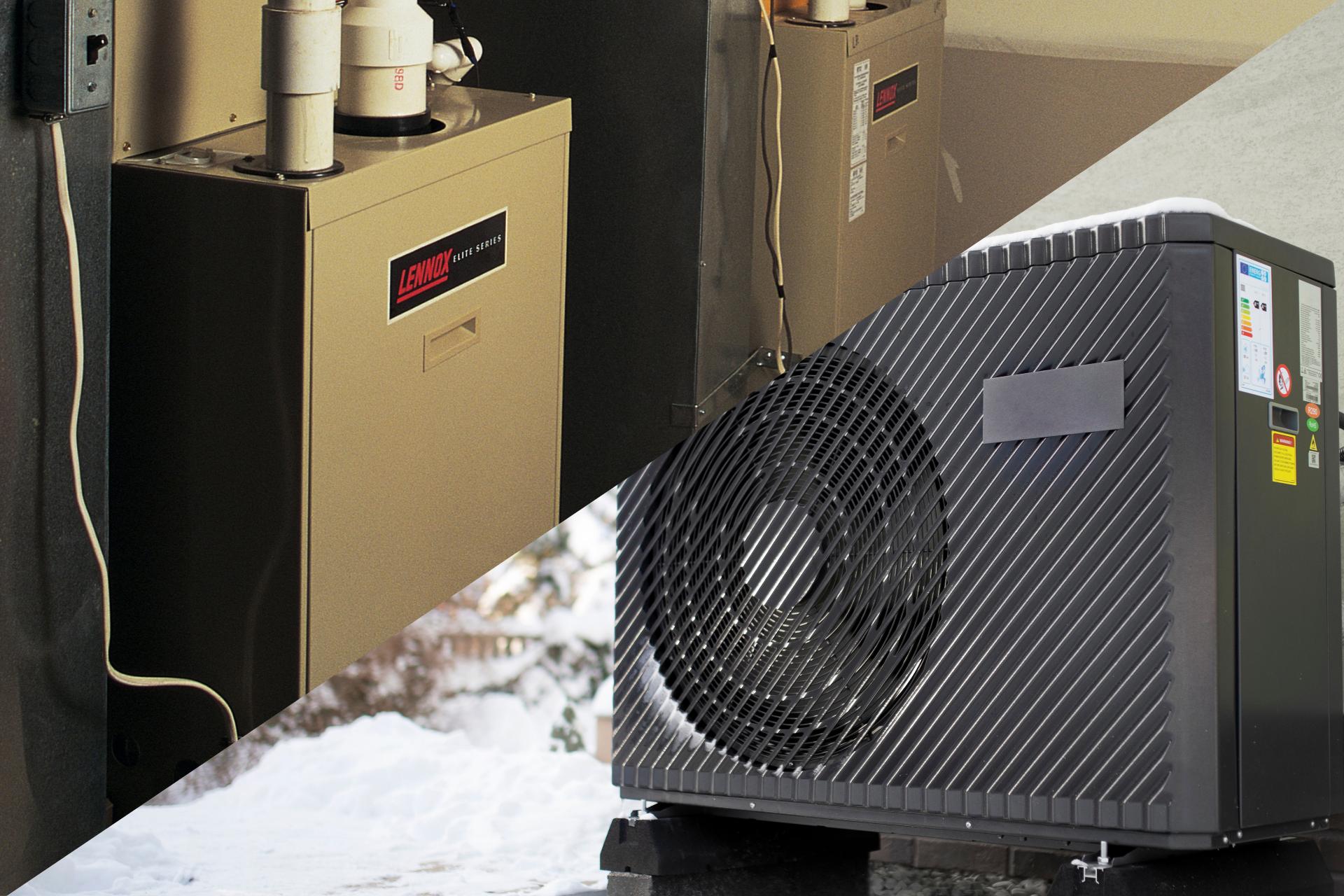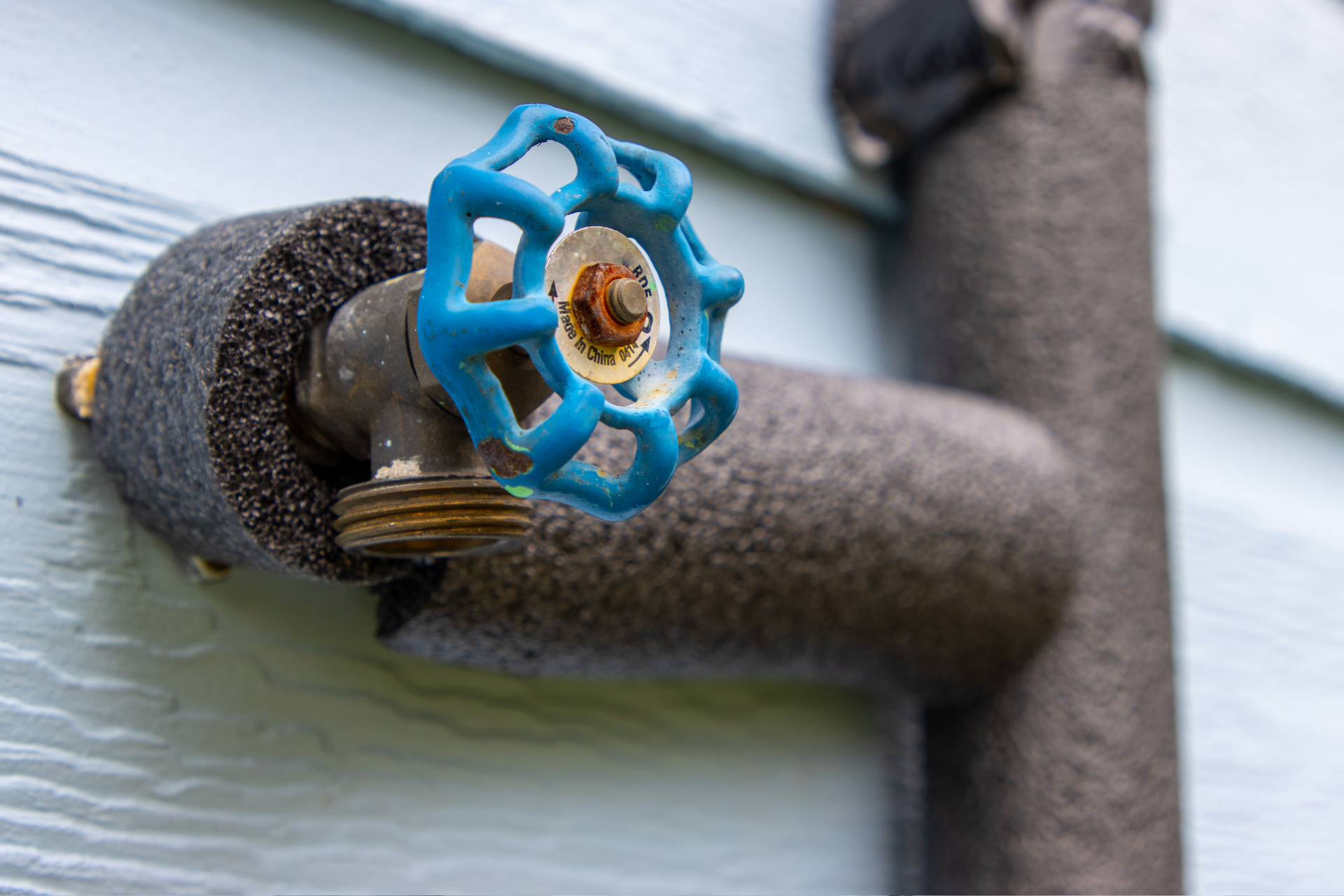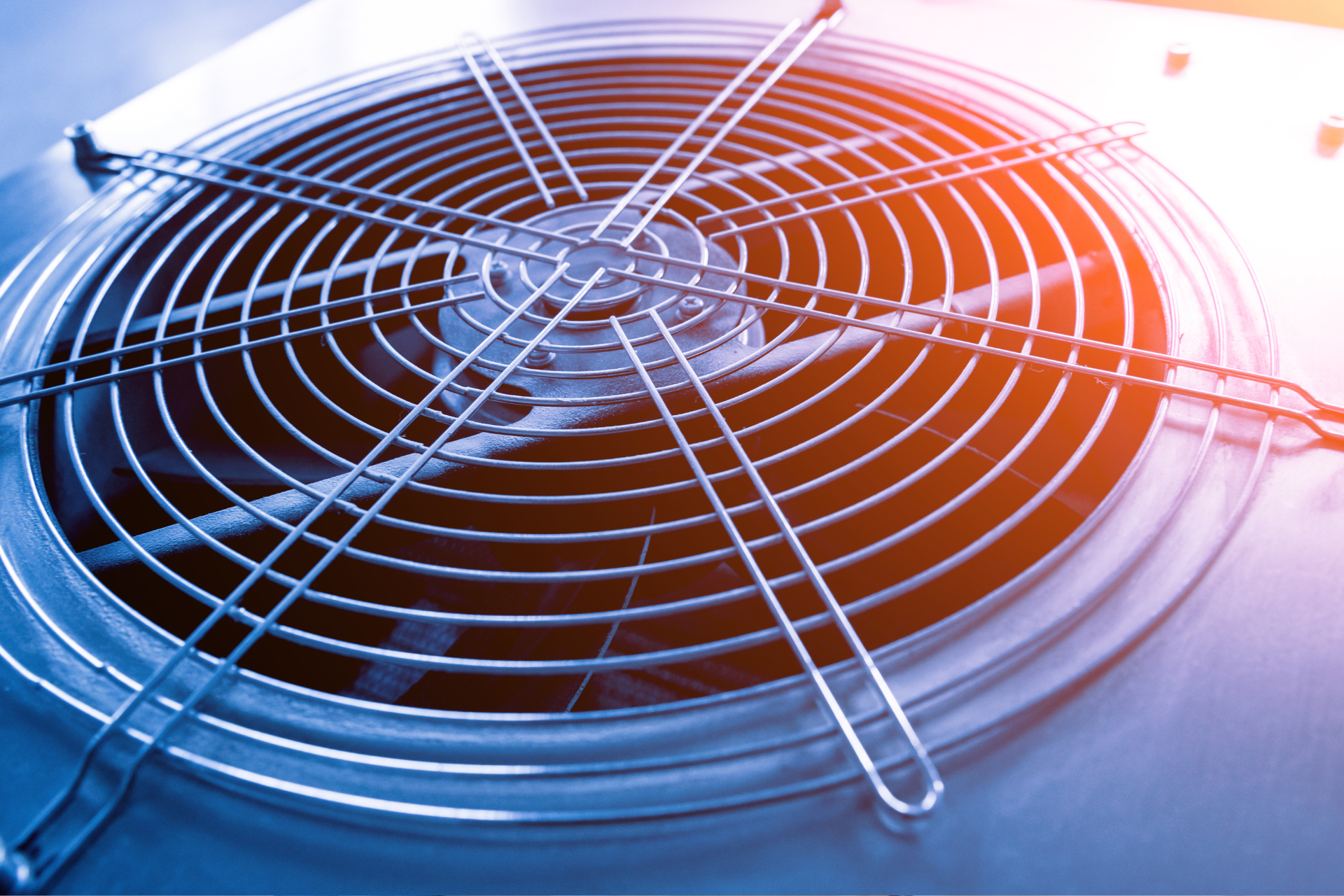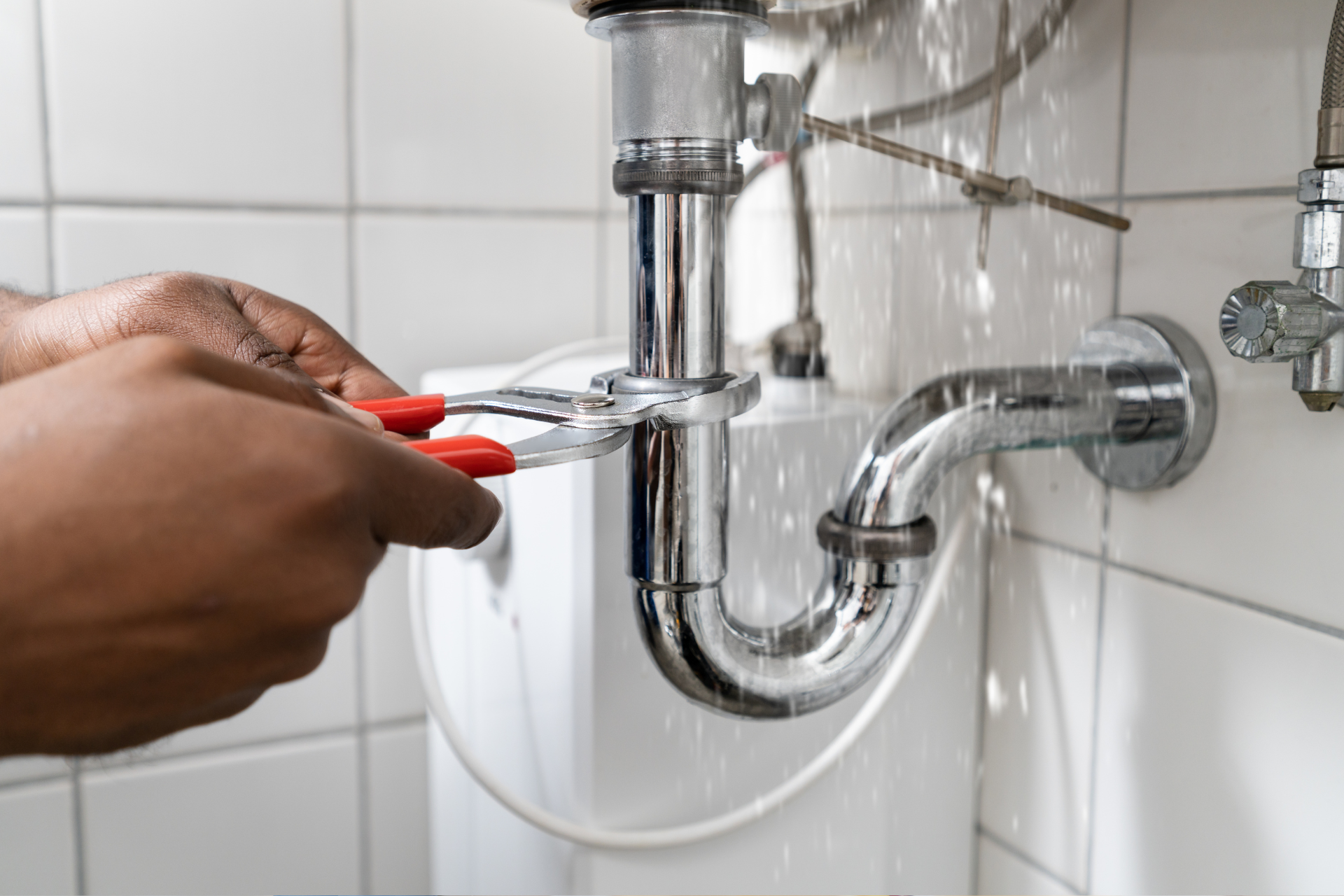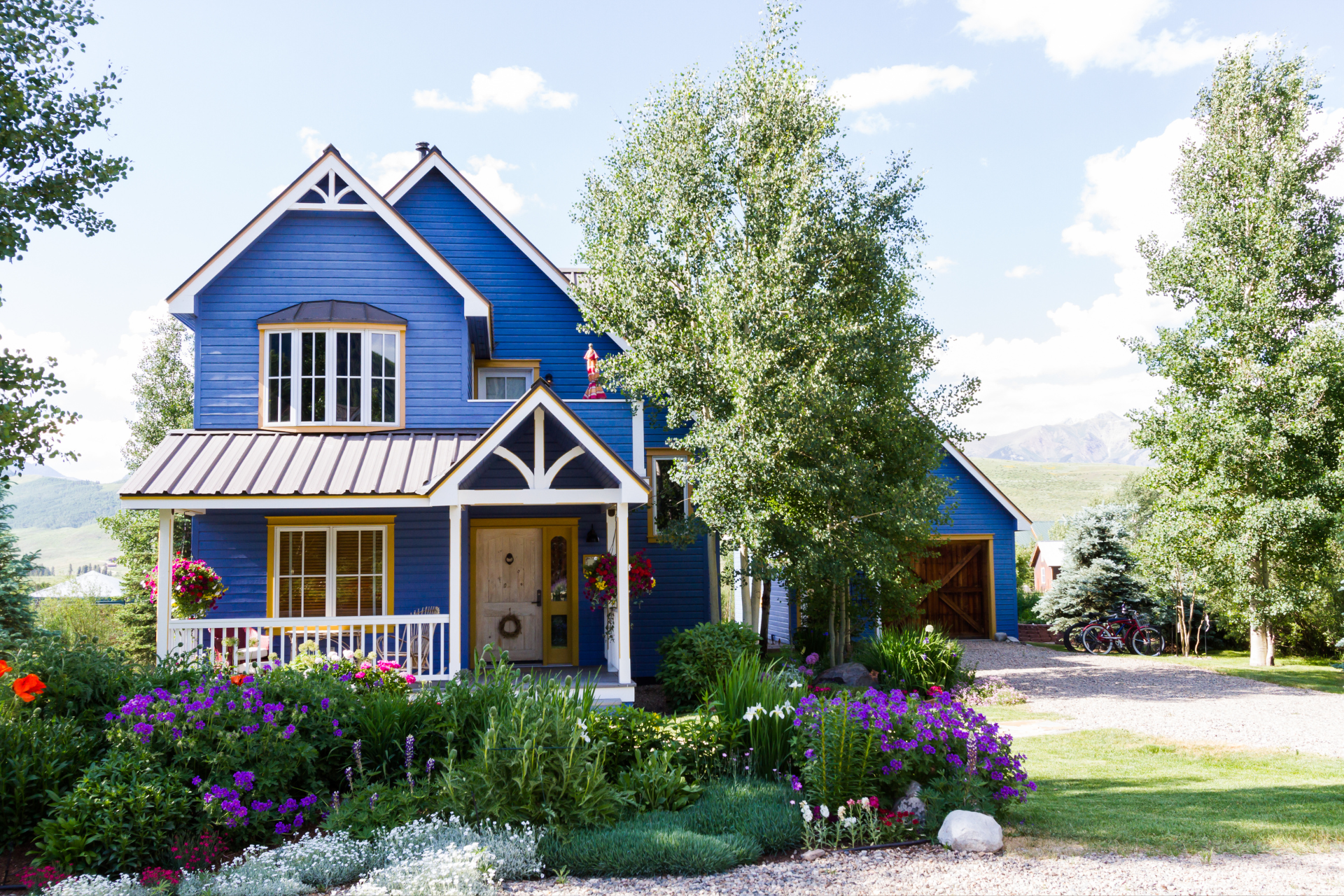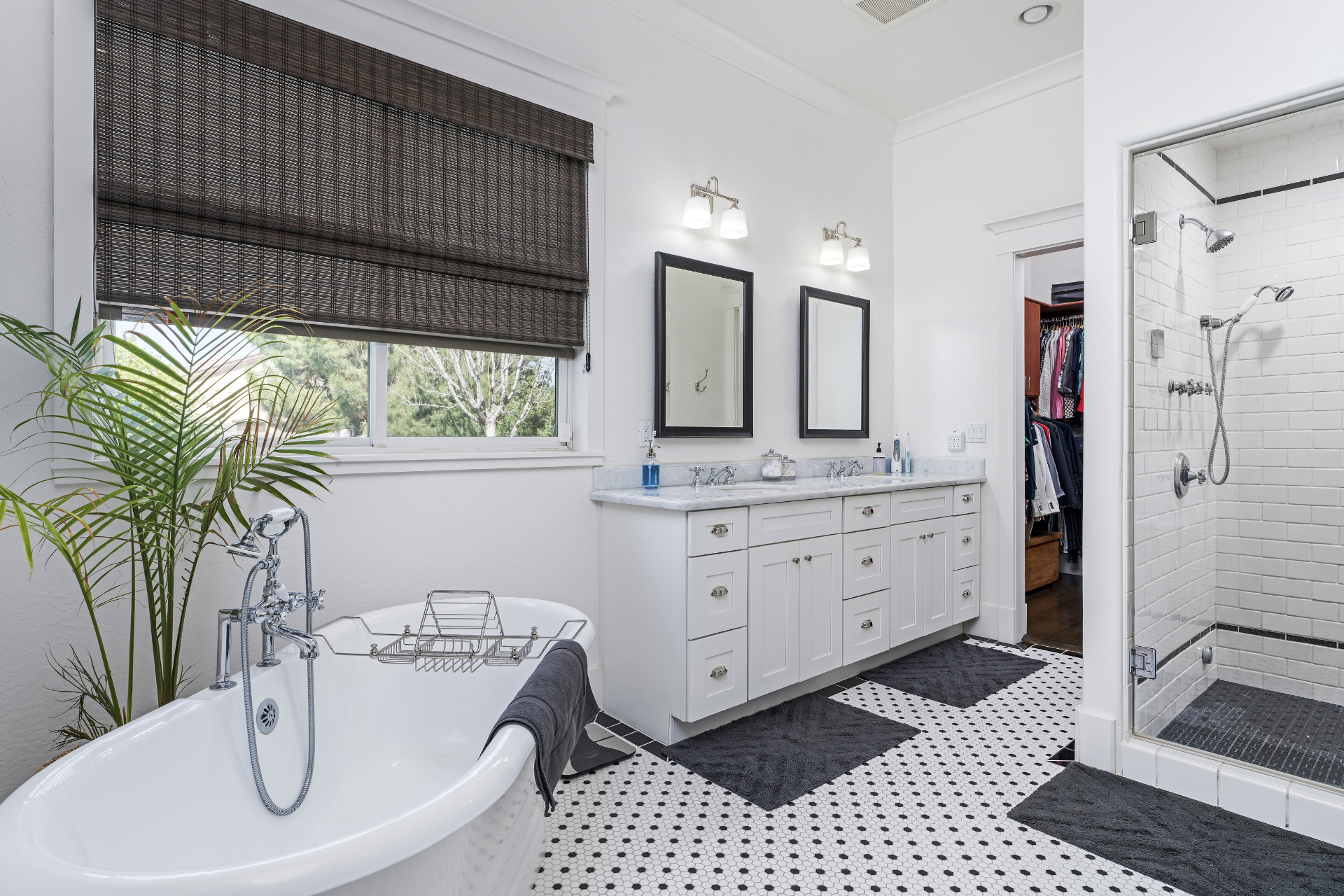(812) 327-8080
Servicing You 24/7
See What Our Clients Say
-
Tony B.
Riverway did a great job. They came out to give an estimate right away, and the price was more than fair. The technicians were friendly and professional. I would highly recommend them.Button -
Kathleen G.
Brandon and Marco were very professional and answered all my questions. Did a great job on installation of product. The office staff was very helpful in trying to find the right product for me. I would definitely use Riverway Plumbing again.Button -
Susan C.
We have used Riverway several times. Brandon helped us today and provided another positive, professional experience!Button

Proudly Serving:
Bloomington, Ellettsville, Bedford, Clear Creek, Unionville, and surrounding Indiana communities.
Main Office
5450 S Old State Rd 37
Bloomington, IN 47401
Office Hours: Mon-Fri 8 am - 5 pm
On-Call Technicians Available 24/7 for Emergency Service

